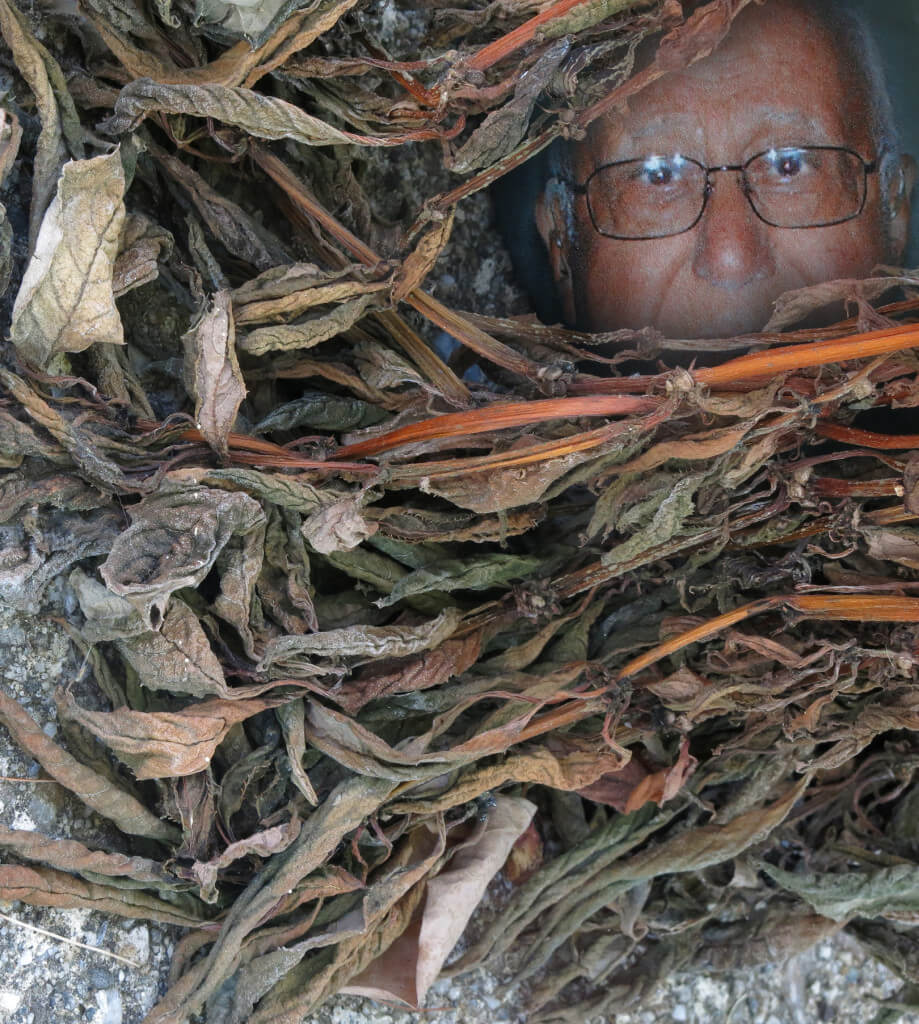 “Thank you, Dad,” I say to my father almost every day.
“Thank you, Dad,” I say to my father almost every day.
In September 2009, my sisters and I flew to our father in Florida. In the Delray Beach Hospital’s Intensive Care Unit, we watched him sleep, hooked to machines and monitors, sensor pads pasted all over. His glasses, dentures, and hearing aids lay on the bedside table. He was beyond fixing.
He woke up annoyed, tossing his head from side to side, No.
It was not supposed to be like this. He had not intended to get stuck in an artificial extension of his life. He had planned and prepaid for his trip out of the world. The bills had been paid and a large loose-leaf binder was filled with his living will, advance directives, insurance information, and paperwork on everything he owned including a prepaid cremation. For months, maybe years, he had designed and documented his smooth exit like he was leaving on a long vacation.
“It’s time,” he said from his hollow mouth, not blinking. He wanted out.
How did he come to welcome his death with outstretched arms, I wondered? Could I ever design my own dying as if it were a shining adventure? If I watched a hundred people die might I lose my fear and see death for what it really is – the last part of life – and wrap it up royally?
I need to understand this thing that separates me from my father and my daughter. To gain a closer connection to death I attend Death Cafes, grief film series, and trainings at my local Hospice center. I photograph things that have died, determined to appreciate death’s beauty.
In September 2009, the nurses at the Florida hospital’s Hospice Unit wheeled my father into the family room unconscious and finally freed from all the life-supporting paraphernalia. He lasted long enough for me to say, “Thank you, Dad.” I wanted the last words he heard to be “thank you” although I didn’t know where he’d be taking those words. As I watched him take his last breath, I made a promise to be my father’s daughter for the rest of my time.
Five years later, in his honor, I have started to fill my own loose-leaf binder.
Please Share on your Social Media
Gorgeously, touchingly beautiful, Robin. I was able to choose no life support for Vic and I’m grateful I could help him leave his body quickly. I’m glad you’re a Hospicare volunteer buddy as well as a writing buddy.
I don’t know how to understand death. It seems like an initiation I can’t understand until I get there. I hope I will not fear the mystery. It’s a gift when dread departs, but I think our bodies want life, so we have to be compassionate toward the part that fears losing it. Thank you, Robin. I almost wrote about my dad this week, but felt a burning need to address my hearing. I look forward to sharing this piece.
I love that article about your hearing loss. And I need to thank you for putting it out there as it has helped me in understanding what my mother is going through. I just returned from a weekend with her and I get frustrated when I need to repeat myself or give her the signal that she is speaking too loudly. Reading your article now and then reminds me to have patience and that it is even more frustrating for her. And now I know some of the other emotions in this loss. Thanks.
My own father’s death in 1973 filled me with resolve to help others to die in a better way. Dad had terminal cancer and the practice of the time was to stonewall it. The patient wasn’t supposed to know about his terminal diagnosis and if he said anything about dying, the family was put in the absurd position of trying to deny that it was ”that bad”. I lived in Denmark then, and rushed home when Mom called and said he had pneumonia and might die within 2 days, which he did. I never got to see him, and no family members were with him when he died, which I’ll never understand. My dad didn’t leave an up-to-date will, much less a ring binder with all the loose ends of his life tied up, like your dad.
I read Elisabeth Kübler Ross, On Death and Dying, a pioneering book that made a brave attempt to help doctors face their patients with the truth. I volunteered at Hospicare, started in the early 80’s before there was a hospice in Ithaca. The focus of Hospicare was to help people adjust to their own imminent death or to that of a family member. Not only was there no stonewalling, it was liberating to hear people joke about death, black humor at its best. Death doesn’t have to be accompanied by dread!
Yeah, things are so much better, probably due to Ross’ Death and Dying. Are there Death Cafes in Denmark? It’s a sweet meeting (internally done) where death is discussed over tea and cake. Definitely gotta ditch the dread. Thanks for responding. Hope you’re enjoying the beginnings of summer. For sure, a very alive time here. Cheers!
I think this photo is perfect for the blog you wrote. How do we want to die? An important question. Time for us to figure that out.
Thanks, Lynne. So glad to hear you say the photo worked because a good friend did not like the photo and did not think I should use it. So I was worried about it. You’re so right because when we start to consider how we want to die we start to “make friends” with the idea of dying. It also makes us think about the ones who love us and how our death will affect them.
Cheers!